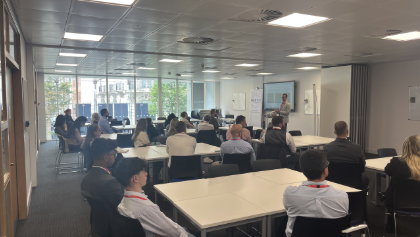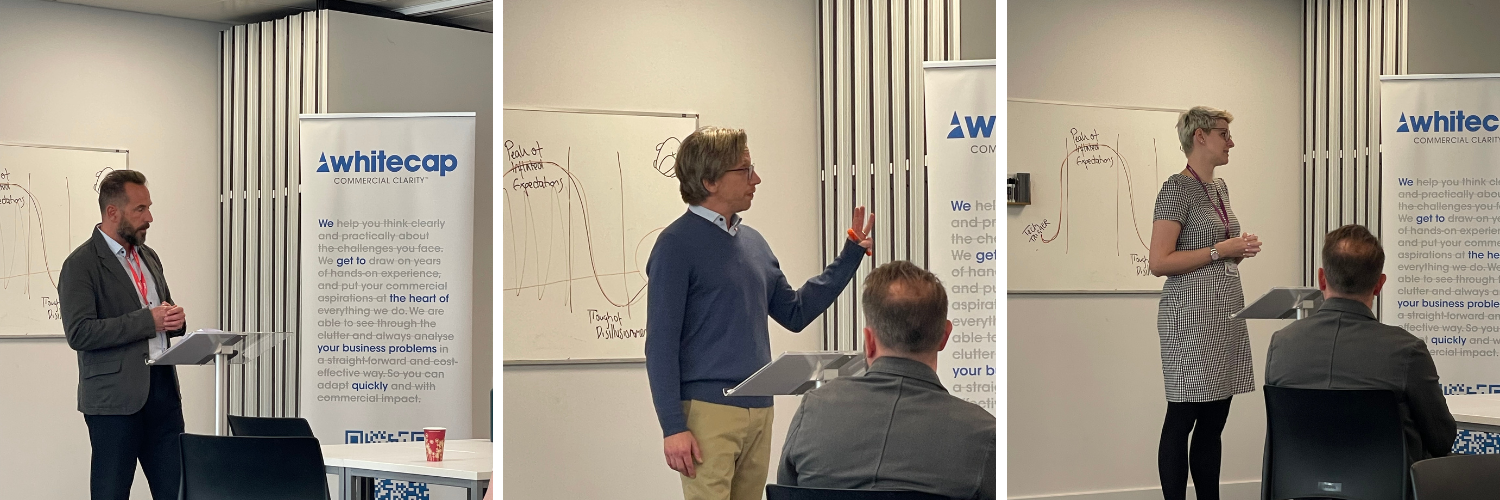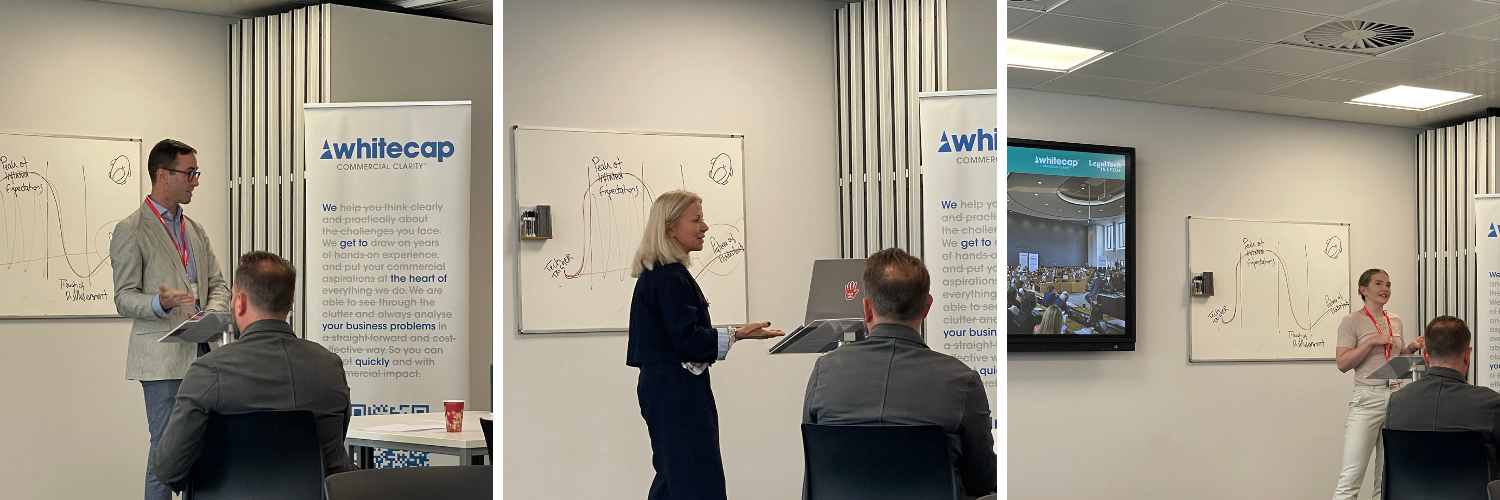
As part of our commitment to supporting digital transformation across the legal profession, LegalTech in Leeds hosted Tech and the Bar, a focused learning lunch exploring how barristers, clerks and chambers can engage with LegalTech practically and securely.
Held in partnership with The University of Law and Barrister Link, the session welcomed a cross-section of legal professionals for a discussion rooted in lived experience, regulatory insight, and realistic AI adoption.
The session opened with a welcome from Beverley Dawes, Deputy Programme Director - Bar Practice Course at The University of Law, who reminded attendees that while the Bar may be perceived as steeped in tradition, its history tells a different story.
From early adoption of the printing press and typewriters to the pivot to virtual courts during the pandemic, the profession has long been defined by its ability to adapt. As AI enters chambers and courtrooms, she said, we are simply witnessing the next chapter in a long legacy of evolution.

Chloe Thompson, Consultant at Whitecap Consulting and LegalTech in Leeds Lead, introduced the event in the context of a growing regional movement. Since 2022, the initiative has aimed to connect the legal and tech sectors across the Leeds region, driving innovation, enhancing access to legal services, and supporting tech entrepreneurs. With over 60 events and a network of 400+ speakers, the goal remains clear: to foster an open, inclusive, and collaborative LegalTech community.
Patrick Grant, Associate Professor of AI and Technology at The University of Law brought clarity to the often confusing world of generative AI, highlighting how technologies like ChatGPT have moved from novelty to infrastructure in just 30 months.
He guided the audience through the Gartner Hype Cycle, warning against overinvestment in the peak of inflated expectations, and emphasised the importance of aiming for the plateau of productivity. His message was simple: AI is powerful, but it must be adopted strategically, not reactively.
From misunderstood buzzwords to fabricated citations, Patrick called for plain-language understanding and governance-first implementation, particularly in legal settings where accuracy and accountability are paramount.

Paul Wright MBA CMgr FCMI, Founder of Barrister Link, introduced the idea of platform thinking as a critical step toward reducing market friction between barristers and clients.
Backed by market data, he made the case for a scalable, secure infrastructure that empowers barristers to adopt technology on their own terms.
He also highlighted the growing potential of agentic AI, models that can act independently across complex systems, and the importance of embedding security, certification, and privacy into every layer of LegalTech adoption.
Representing The Bar Standards Board, Henry Fingerhut shared insights from a rare qualitative study of technology adoption within the Bar. Contrary to perception, the research found that the Bar is innovative, but fragmented, with technology often adopted individually rather than through chambers-wide systems.
Henry also described the BSB's regulatory approach to innovation, including a focus on engagement, evidence, and flexible policy levers. As technology reshapes everything from client expectations to court systems, regulation must foster innovation and manage risk in the public interest.
Barrister Julia Nelson MCIArb, Head of Family Law at Parklane Plowden Chambers grounded the discussion in recent personal experience, recalling how a litigant in person had submitted a GPT-generated skeleton argument riddled with fabricated citations. This is no longer hypothetical: hallucinated AI content is already in courtrooms, and barristers must now be equipped to spot it.
Rather than rejecting AI, Julia encouraged the Bar to start with what’s already safe and secure, tools like Microsoft Copilot or Adobe Acrobat AI assistant. within encrypted, chambers-controlled systems. Her advice: treat AI like a pupil, helpful, fast, sometimes wrong. It won’t replace barristers, but those who use it well will gain a clear advantage.
Read The Bar Standards Board Technology and Innovation at the Bar Research
For more information about collaboration, sponsorship opportunities, or to stay updated with our event activity, please visit email leedslegaltech@whitecapconsulting.co.uk
What a great day to share this article...